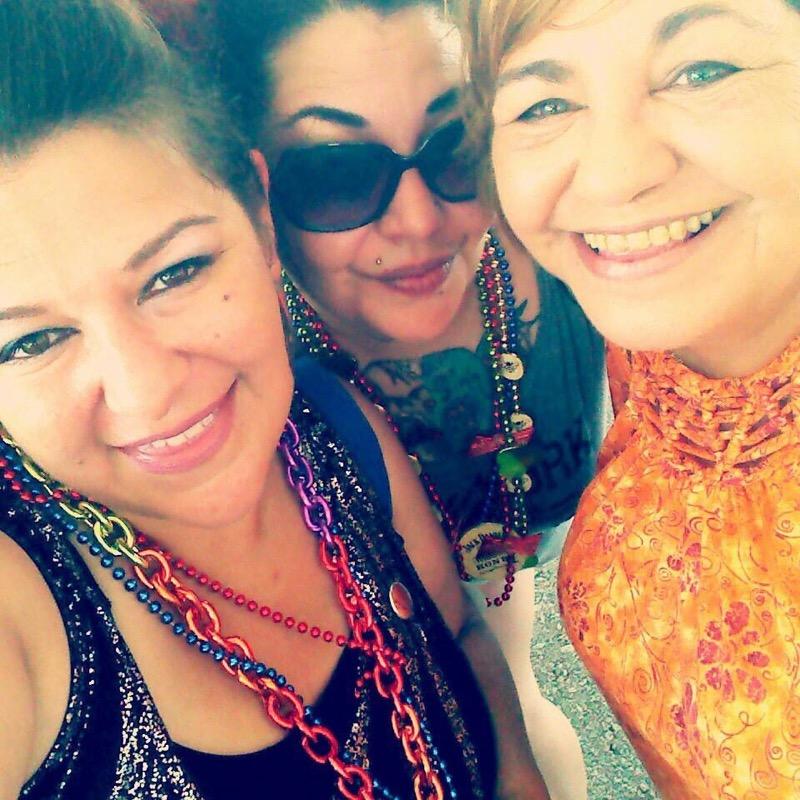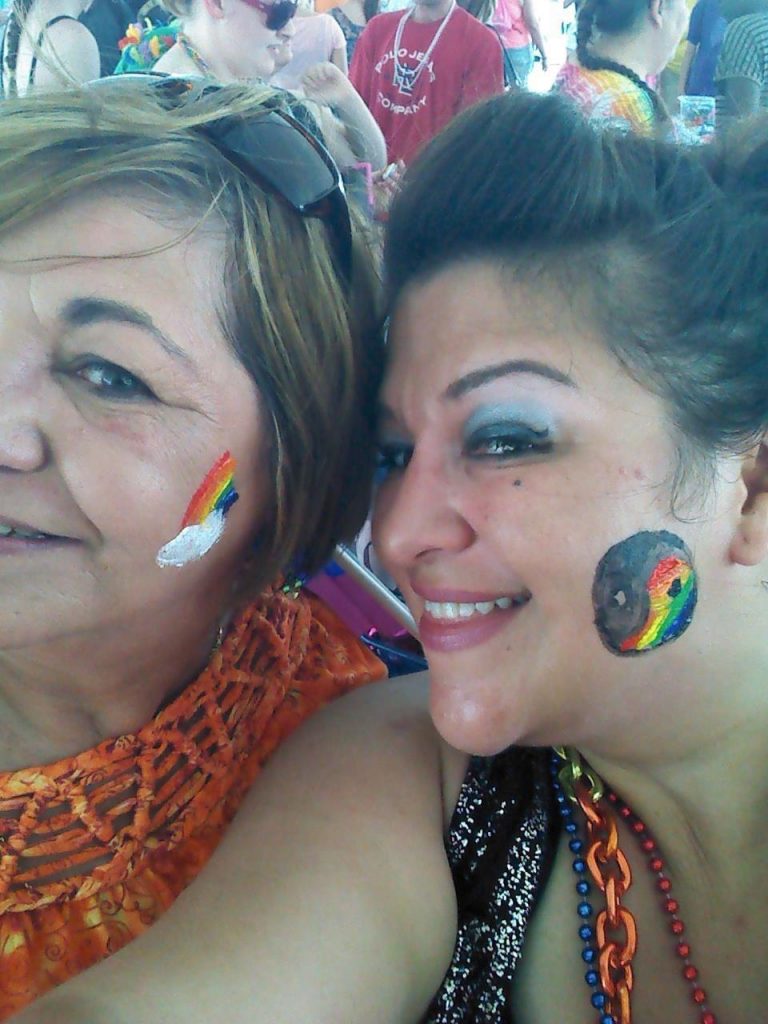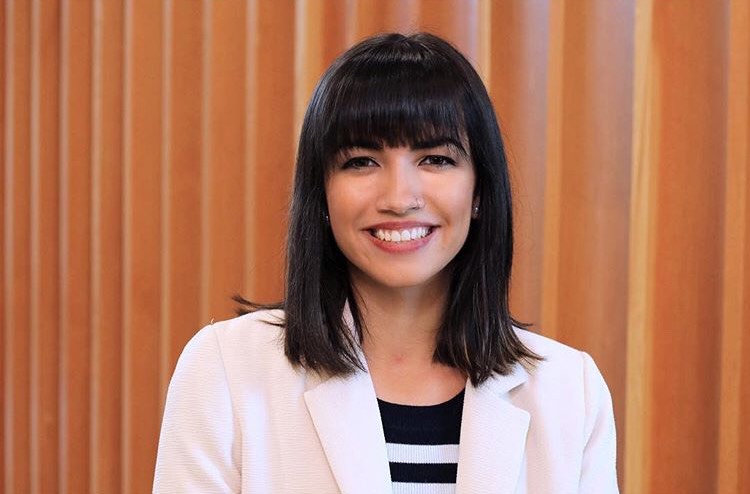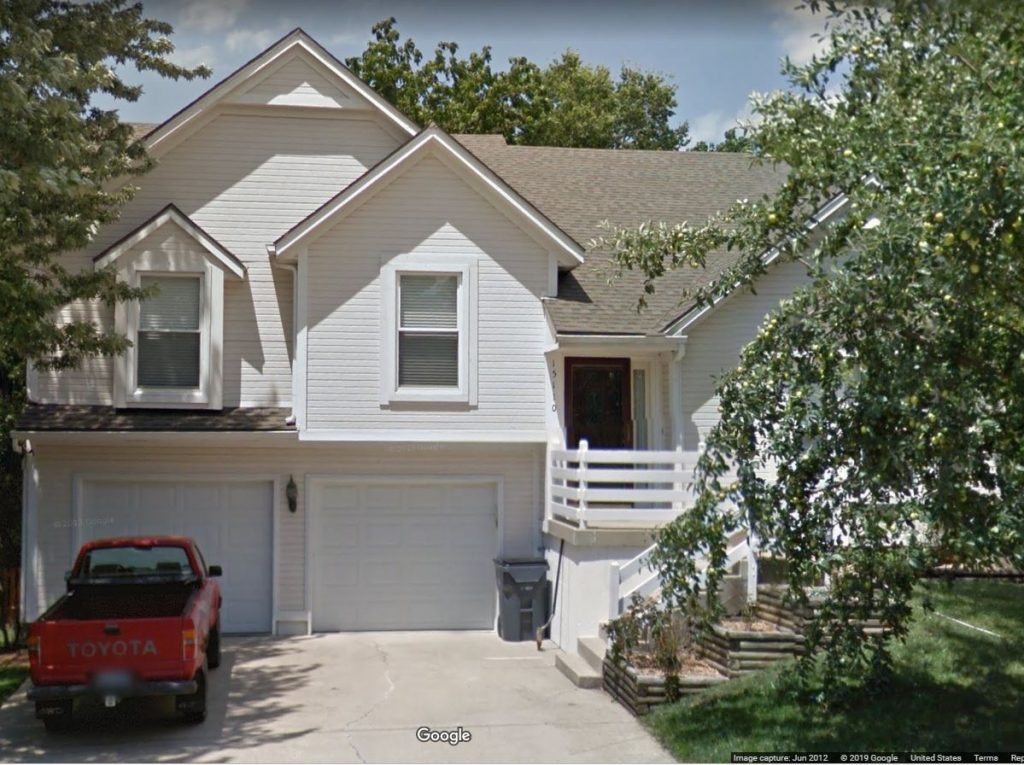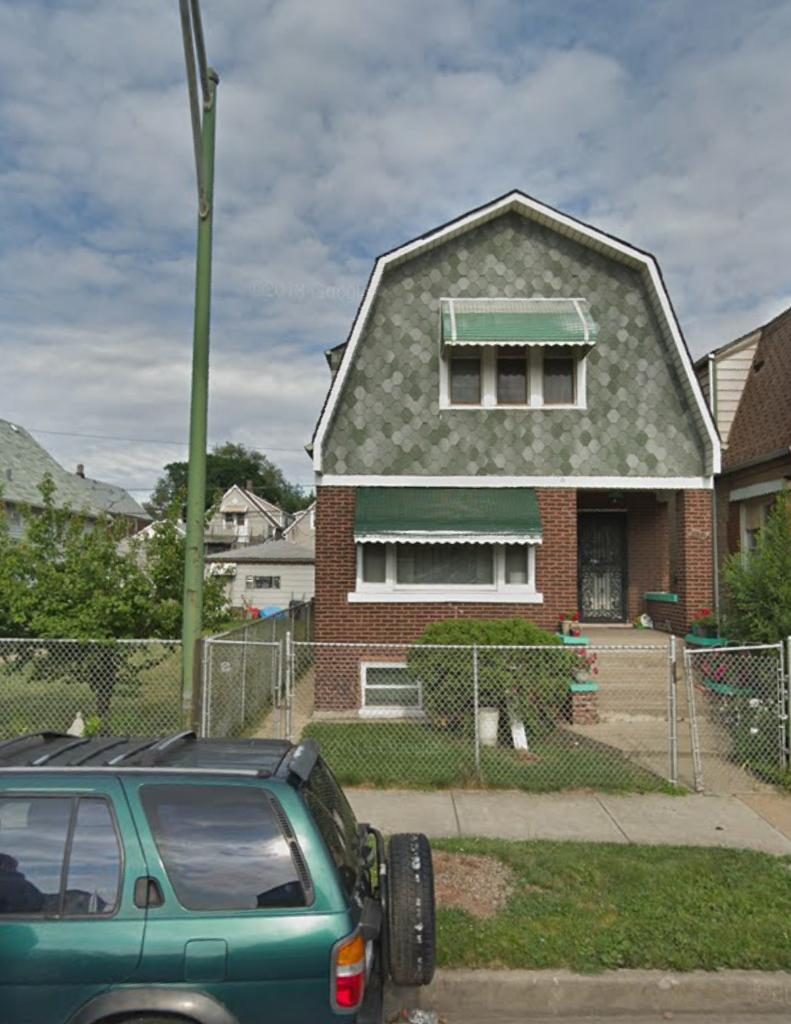Sitting down on the copious garden bench, I could tell from his body posture that he was trying to compose himself for the forthcoming event. The sun brightly shone, but the pedunculate oak tree was keeping us from direct exposure. As Hussain sat with his legs crossed and his mind open to my questions, he recalled his past experiences and all the troubles he has faced up to this point in his life. When I appreciated him for making it to the conversation and then introduced him to the topic of the day, he nodded his head and uttered, “I am honored to be here. At least I can clear things out to my fellow Muslim brothers who live hiding away from themselves.” He spoke with so much confidence; that of someone who has undergone a process a hundred times if not a thousand and is now sufficiently confident about every tiny detail that is entailed in the whole process. As his eyes grew stale and his mind wandered off into a long past world, he slowly recollected how his sex life has evolved.
Hussain gets the desire to quench his thirst which could have resulted from the direct questions that he had encountered and that were also yet to come (3:25). So I present him with a bottle full of water and he sips a big gulp. He then confidently says his age, which is 23 years, and that he is a male who is a Muslim by faith who goes to the mosque to pray and he is currently in a gay relationship. Hussain is originally from UAE, but he is now a legal US citizen which he attained with the help of his partner who directed him on the correct offices to visit and procedures to undertake. On the relationship status of him and his partner, Hussain says, “We are planning for a long term relationship that probably will lead to our marriage. It has been a difficult journey to reach where we are. We love one another and I hope everything will turn out right.”
Hussain discovered that he was gay at a very tender age. He can vividly remember that he was depressed and could not find himself in a position to talk much, so he spent most of his time in his room when he was in his 5th grade. This is understandable when someone, especially a young boy, notices that the society is not in appreciation of his own interest and therefore always tends to take refuge in his private company, away from anyone. Hussain started to notice some differences in himself and his normalcy. He was gradually learning to stay away from his old male friends, and he was no longer enjoying their company and their endless stories. On the contrary, he could admire what the girls were doing and could find himself getting drawn to them. Back at home, he had started hating the boy gifts that his dad could bring him every time he had a visit. Since her mum never wanted his only boy to tarnish her name in any way, he had always promised to get him a cute outfit every time he performed well in his class. Hussain had never failed to impress his mother because he was still the top; if not, the second best. During this time, he had topped and therefore, as usual, his mom had to get him the newest outfit in town. However, this time something strange and weird happened; he did not like it despite how elegant it looked, but he never shared this with anyone.
I am now almost at the peak of the conversation, and it continues to get better and better. I needed to know about the chronological timings, how long Hussain had been aware of his sexual orientation. Hussain said, “Okay, to realize that I was not the same as boys of my age [which implies noticing he was gay], I was 12 years old. However, to be involved in a gay relationship I was about 16 years old.” Noticing that that was a very tender age, there was no way he could have managed that by himself, there must have been someone who helped him out. And sure enough, the first person who introduced Hussain to his first gay relationship was his high school teacher. Mr. Omar, Hussain’s Math teacher, called him and asked if he could join him in his office for a talk. Previously, they had done a surprise test, and he did not feel comfortable with it, so he was certain that he was five minutes away from being scolded due to poor performance. But to his surprise, he was astonished by what the teacher had prepared for him. The teacher told him that he had keenly noted that he was different from other students and that he was also hiding from who he was. This left Hussain mouth wide open; he could not believe his ears. Did that come from his Mathematics teacher whom they never had anything in common apart from a lecture? He did not have a comeback to that, so the best option was to storm out of the office. However, the teacher was not the type to accept defeat; he called him yet again after two weeks and asked if he ever thought about what they talked about in their last meeting. This was ironic because it was a one-way traffic conversation, and whatever that was, it was nowhere near a meeting. But Hussain gave in with one condition: they were not to carry the conversation in school. So, the teacher quickly asked, “can you make time tomorrow and we meet in town?” Hussain accepted, and they met where he opened up about everything and that was the very first person that he ever told about his sexual realm, and also became the first person who introduced him to his first gay relationship.
“Personally, I encountered extensive prejudice and discrimination back at home in the UAE because of my sexual orientation. Given the fact that gay relationships in the UAE are not widely known and considered evil in society, I could not manage coming out or even exhibiting any sign of being in a same-sex relationship. Here in the US, it is an open society; however, there is severe antigay prejudice including verbal harassment.” This was the reply that Hussain gave when I asked him what role prejudice and discrimination played in his life as a gay person. He could very well remember one Friday evening when he had just come out of a bar that goes by the name Bistro 303. Taking just a few steps, certain individuals severely insulted them claiming that they were agents of Satan and that they were mutilating the society.
Standing up and taking a few steps around the bench, his height could now be revealed as opposed to when he was seated. He bit his right thumbnail and said, “Actually, prejudice and discrimination have a wide range of impacts, including social and personal impact. This is reflected in everyday stereotypes that are persistent within the society. Gays are limited to job opportunities, parenting as well as relationship recognition are justified by stereotypic assumptions about gays.” I could tell from his facial expression and body movement that he felt that sink in him. However, his face could change like a switch because when I introduced a topic on family, his face lit up and he put on a smile. He said, “…I am a big fan of family and having children is one of my future obligations. I think we will talk about it with my partner. Our relationship is two years old and we are taking things slow. When the time comes, possibly after our marriage, is when we will have children.” From his face, you could see determination and hope. I thanked Hussain for his time and I joined him in standing as we shook hands and bid goodbye to one another (30:45).


